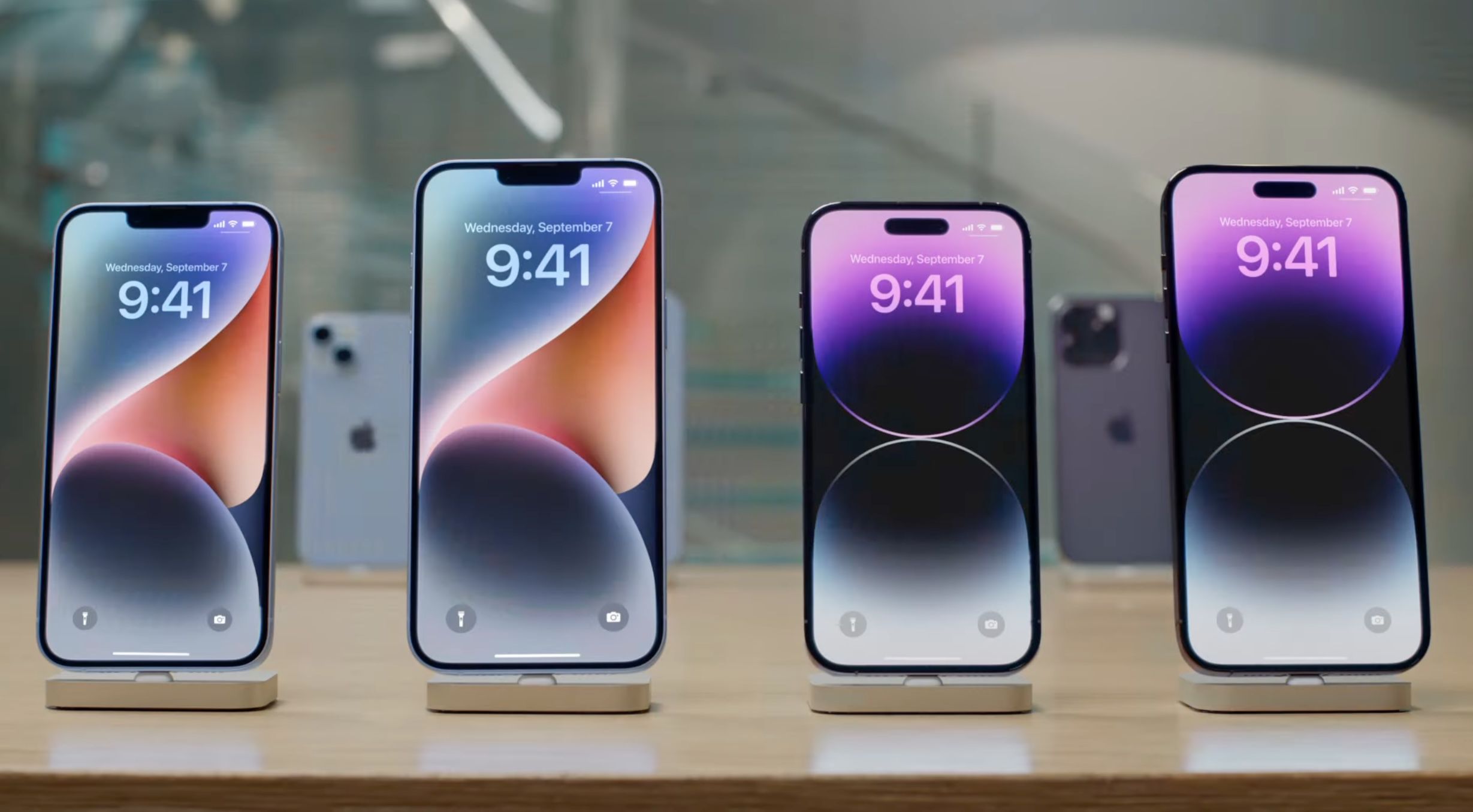Anybody remember when the iPhone 13 series was a serious battery beast? Every model except maybe the mini had exceptional battery life. And the 13 Pro Max was just insane.
How is it that iOS 16 drops and suddenly the battery life just magically diminishes? And you can’t say it’s battery health because I’ve watched battery test YouTube videos and the iPhone 14 beats the 13 almost by an hour each time.. which really just makes no sense.
You would think a trillion dollar company with as sophisticated as their software is would optimize it in a way to even improve battery life in older models year over year with new iOS releases.
How is it that iOS 16 drops and suddenly the battery life just magically diminishes? And you can’t say it’s battery health because I’ve watched battery test YouTube videos and the iPhone 14 beats the 13 almost by an hour each time.. which really just makes no sense.
You would think a trillion dollar company with as sophisticated as their software is would optimize it in a way to even improve battery life in older models year over year with new iOS releases.




